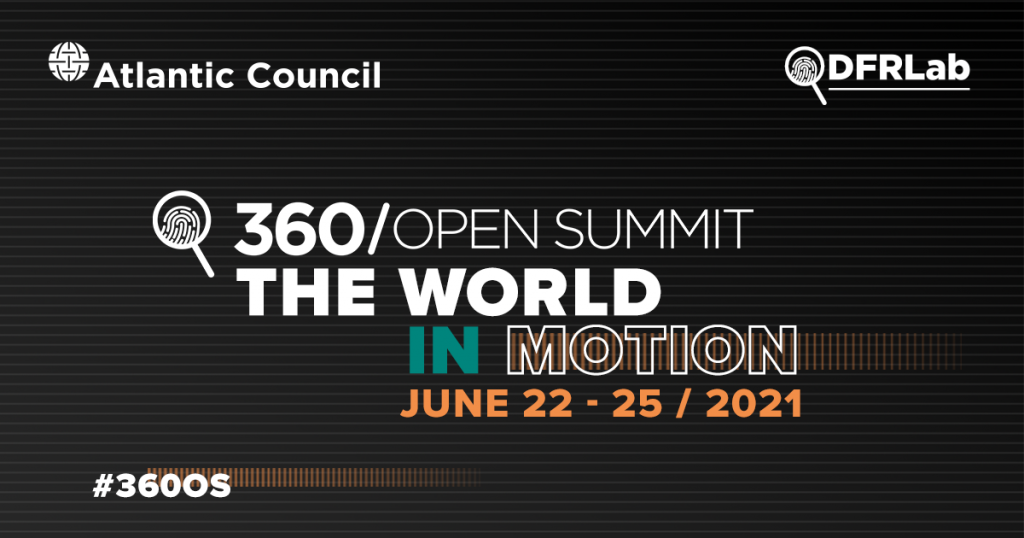About our Nonresident Fellows
The Democracy + Tech Initiative has brought together a world class cohort of nonresident fellows with crosscutting expertise, all dedicated to the mission of ensuring a more equitable and rights-respecting world. They are the embodiment of the Initiative’s approach, driving insight and action from a combined community of leaders representing the experience and sectors required to create change. They include AI experts, human rights advocates, scholars on China, former government officials and diplomats, leaders in companies seeking to address online harms, and former tech executives.
Related publications
FAST THINKING: Trump’s post-Facebook future
The verdict: Back to you, Facebook. The company’s Oversight Board ruled Wednesday that former US President Donald Trump will remain banned from the platform for encouraging the January 6 insurrection at the US Capitol.
Deciphering Disinformation in Africa
Disinformation operations in Africa are hidden in discretely coordinated social media campaigns. Rose Jackson joins CSIS’s podcast: Into Africa to discuss he importance of people-to-people engagement in responding to disinformation.
Op-ed: Democracy, technology, and the new coronavirus
COVID-19 has the potential to be malware for democracy. Becoming aware of those realities will help us better protect the system.
Op-Ed: Government of India introduces drastic new internet rules
New rules for online intermediaries, social media companies, and media sites present a serious challenge to India’s democracy
FAST THINKING: A glimpse into our digital future at the latest tech hearing on Capitol Hill
It’s become so regular an occurrence these days that you’d be forgiven if you missed it entirely: On Thursday, the CEOs of Facebook, Twitter, and Google headed to the US Congress (virtually, of course) to testify before the House Energy and Commerce Committee.
Op-Ed: Myanmar’s connectivity curse
How the country’s most precious commodity, internet and social media access, is being co-opted by the military.
FAST THINKING: What’s next for the insurrectionists?
The riot at the Capitol was conceived in plain sight, as we reported last week. For weeks on far-right networks across the web, extremists discussed their plans for violence. Is it happening again? Experts at our Digital Forensic Research Lab have been monitoring the chatter.
FAST THINKING: How the Capitol riot was coordinated online
The mob that broke into the US Capitol yesterday was aided significantly by online coordination and planning. The team at the Atlantic Council’s Digital Forensic Research Lab has conducted exhaustive research into how that happened, combing through social media and other networks frequented by the far right. Let’s break down what they found.
What the Natanz explosion signaled to Iran’s disinformation apparatus
By using fictitious front groups to impede attribution, the attackers turned one of the Iranian regime’s own disinformation tactics against it.
Related events

360/Open Summit: The World in Motion
The Atlantic Council’s Digital Forensic Research Lab (DFRLab) hosts 360/Open Summit: The World in Motion on June 22-25 online.


Follow @DFRLab on social media